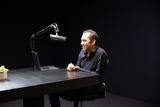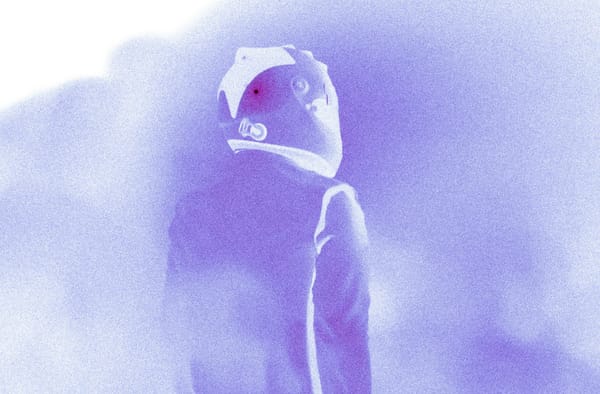DSM5 - how do you know you are depressed?

Stress, anxiety, and depression are more common than we think. Because of the stigma attached, many people you may know may harbour symptoms.
But how do you know if you are stressed, anxious, or depressed? Can there be objective criteria that can help determine the magnitude of the problem?
In order to create a framework, the American Psychiatric Association gathered over one hundred and sixty experts from around the world.
These included psychiatrists, psychologists, and other experts who debated and sought the assistance of other experts to create objective criteria.
Their task was not small. It included, for example, objective criteria to differentiate between attention deficit hyperactivity disorder (ADHD) and generalised depression disorder.
Classification was important because, depending on what you were diagnosed with, your treatment could vary significantly.
Unlike physical ailments with more obvious symptoms, mental ailments come with more nebulous signs.
How do you differentiate between stress and anxiety, for example? At what point does stress turn into anxiety?
Of course, the medical terms for these would be more specific. hoarding disorder, or even kleptomania, for example.
The group therefore came up with objective criteria that took into account duration and characteristics that could help doctors and others determine what a patient was suffering from.
The manual was called the Diagnostic and Statistical Manual (DSM) and is publicly available.
I would quickly caution you against trying to read it or self-diagnose. It is a heavy technical book. Reading a few pages left me with a headache and obviously stressed.
But allow me to take a more useful approach to this issue. What is startling is the sheer number of "disorders" that human beings suffer from.
What is even more concerning is the attached social stigma. It forces people to mask their condition, which is bizarre.
No one with a high fever would hide the fact. In ancient times, perhaps a fellow human being acting differently could have been misunderstood.
But in 2024, it is time to remove any stigma from our mental condition and simply call it a human condition that needs treatment.
Reach out to me on twitter @rbawri Instagram @riteshbawriofficial and YouTube at www.youtube.com/breatheagain






